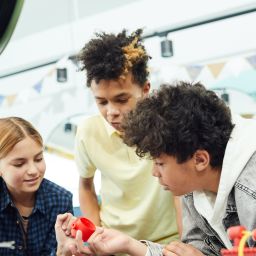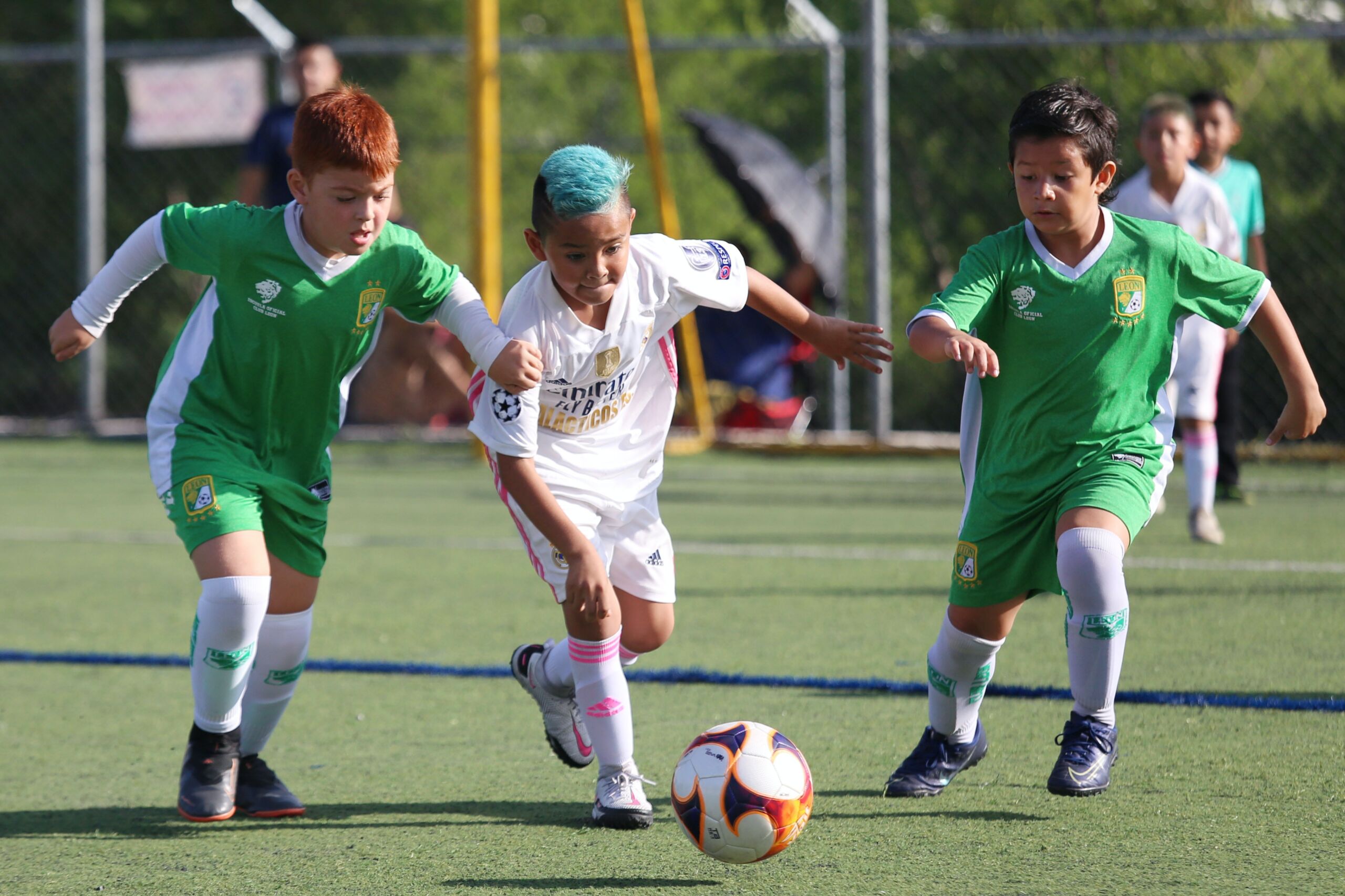
FH Summary: This extensive guide discusses the importance of deep learning in child development, contrasting it with superficial learning that focuses on rote memorization. It highlights the critical role of environmental factors and parental involvement in fostering deep learning, emphasizing strategies such as reflective thinking, curiosity, and problem-solving. The article also advocates for storytelling as an effective technique to enhance learning and retention, encouraging parents to actively engage in their children’s educational journey to develop robust, critical thinkers.
In the complex journey of child development, differentiating between deep and superficial learning is not just educational philosophy – it is an essential practice. At First Habits, we believe that instilling a capacity for deep learning from an early age is foundational to developing thoughtful, insightful, and curious adults. This extensive guide delves into the nuances of fostering environments that encourage profound understanding over mere fact accumulation, utilizing strategies like mental models (more on that here) to enrich the educational landscape of young learners.
Deep Learning Versus Superficial Learning
At its core, deep learning involves a comprehensive engagement with educational material that encourages learners to analyze, synthesize, and evaluate information. This approach not only enhances retention but also ensures students develop the skills necessary to apply knowledge in diverse situations. Conversely, superficial learning typically focuses on rote memorization and the passive intake of facts, which are often quickly forgotten after they are no longer needed.
Educational expert Eleanor Duckworth of Harvard University emphasizes, “Real learning, attentive, real learning, deep learning, is playful and frustrating and joyful and discouraging and exciting and sociable and private all the time, which is what makes it great.” This statement highlights the transformative potential of deep learning, which builds a robust framework for lifelong intellectual growth.
In addition, research has consistently backed up the fact that deep learning leads to better educational outcomes. “For example, in the 1995 School Restructuring Study, conducted at the Center on Organization and Restructuring of Schools by Fred Newmann and colleagues at the University of Wisconsin, 2,128 students in twenty-three schools were found to have significantly higher achievement on challenging tasks when they were taught with inquiry-based teaching (deep learning), showing that involvement leads to understanding. These practices were found to have a more significant impact on student performance than any other variable, including student background and prior achievement.”1
The Impact of Habits on Learning Trajectories
The habits that children develop early on can significantly influence their learning trajectories. Positive learning habits, such as proactive questioning, thorough exploration, and the ability to connect disparate ideas, can lead to an upward spiral in cognitive and emotional development. In contrast, negative habits, like relying on rote memorization without understanding, can result in a detrimental cycle that hampers intellectual growth and creativity.
The Power of Mental Models
Mental models play a pivotal role in deep learning by providing learners with frameworks to understand and interpret information more effectively. These cognitive structures help individuals simplify complexities, predict outcomes, and make informed decisions by relating new knowledge to pre-existing understandings. In the context of deep learning, mental models enable children to not just memorize facts but to also apply their knowledge in diverse real-world situations, fostering greater cognitive development and problem-solving skills. By encouraging the use of mental models, educators and parents can help children develop a deeper and more intuitive grasp of subjects, leading to a lifelong ability to learn and adapt. This approach shifts educational focus from temporary retention of information to building a durable foundation of knowledge that supports continuous learning and intellectual growth.
Key Habits to Encourage Deep Learning
Reflective Thinking:
§ Encourage children to think about what they learn, integrating new information with their existing knowledge. This could involve discussing daily learnings at dinner or keeping a learning diary.
Curiosity:
§ Create a home environment that values and nurtures curiosity. Engage children in discussions about everyday phenomena and encourage them to ask and answer “why” and “how” questions.
Problem-Solving:
§ Involve children in real-world problem-solving that requires drawing on various knowledge domains and thinking critically about multiple solutions.
The Role of the Learning Environment
The environment in which children learn plays a crucial role in determining the depth of their engagement with content. A well-designed, resource-rich, and emotionally supportive environment not only makes learning enjoyable but also deepens a child’s engagement with material. This includes both the physical setting – organized and inviting – and the emotional atmosphere – supportive and responsive.
Tips for Creating an Effective Learning Space
Designated Learning Zone:
§ Establish a specific area in the home that is dedicated to learning activities, stocked with a variety of resources that stimulate exploration.
Minimized Distractions:
§ Keep the learning zone free from excessive noise and interruptions to foster concentration and deeper engagement with learning materials.
Leveraging Storytelling for Deep Learning
§ Storytelling is a powerful tool for deep learning. It can transform abstract or rote information into engaging narratives that enhance understanding and retention.
§ For example, the story of eight-year-old Sarah illustrates this effectively. Her parents used the historical event of the moon landing not just as a lesson but as a narrative about the astronauts’ journey, their challenges, and the ensuing scientific breakthroughs. They supplemented the story with videos and models of the spacecraft, which allowed Sarah to understand the significance of the event deeply and its impact on science and exploration.
Implementing Storytelling in Learning
Narrative Techniques:
§ Use stories to frame historical events, scientific concepts, or mathematical theories to make them more relatable and memorable.
Interactive Elements:
§ Include activities like role-playing or building models that correspond with the story to enhance engagement and understanding.
The Role of Parental Involvement in Deep Learning
§ Parental involvement is instrumental in cultivating a love for deep learning. Parents who are actively engaged in their children’s education can foster a deeper understanding and appreciation for knowledge by modeling deep learning behaviors themselves.
Strategies for Parental Involvement
Active Participation:
§ Take an active role in homework and projects, discussing the underlying concepts and their applications, rather than focusing solely on completion.
Educational Discussions:
§ Regularly engage in discussions about current events, books, and films, emphasizing critical thinking and depth of understanding.
Learning Partnerships:
§ Collaborate with educators to ensure learning strategies at home align with those in school, creating a consistent and supportive learning environment.
Conclusion
Transitioning from superficial to deep learning is critical for nurturing children who are not just knowledgeable but are also capable of thinking critically and creatively about the world around them. By fostering an environment that encourages exploration, reflection, and connection, parents and educators can ensure that children develop robust frameworks of understanding that will serve them throughout their lives. For more insights and strategies on developing effective learning habits, visit the First Habits website and subscribe to our newsletter. Together, we can support the next generation in building meaningful and lasting intellectual capacities.
References:
1 https://www.edutopia.org/inquiry-project-learning-research












